Remote camp work is a significant employment model in northern communities, supporting industries such as oil and gas, mining, construction, and forestry across the region. While it offers valuable economic opportunities, it also poses challenges for workers, their families, and local communities. The benefits include the generation of essential resources, minimal direct impact on communities, and the provision of employment and flexible work options. However, the demanding rotational work schedules can disrupt family dynamics and create stress for both workers and their loved ones at home, leading to well-documented negative effects on residents’ well-being.
To address these challenges, Northern Development, in partnership with the Transform the Family Justice System Collaborative (TFSJ Collaborative), Northern Health, and the University of Northern BC’s (UNBC) Community Development Institute, launched the Camp Work Family Well-Being Initiative – Phase 1, funded by the Northern Healthy Communities Fund through the Ministry of Municipal Affairs. The initiative aims to create an adaptable, educational, supportive, and preventive service model tailored for families with members working remotely in camp settings. The ultimate goal is to expand these services and tools across Northern B.C. over time, introducing new supports in communities that create more positive social and economic outcomes for camp work families, communities and employers.
Part of the $95,000 grant will fund two part-time positions: a project administrator and a project coordinator. Laura Murphy, the project administrator, brings extensive experience studying the impact of labor mobility on communities and has explored local government and business approaches in camp communities. “The ultimate goal is better support for camp workers and their families,” said Murphy. “And not just better support, but stable, ongoing support.”
Project coordinator Cyan LeMoal, a recent UNBC graduate, is excited to contribute to the initiative. “Community health and wellbeing are so important,” said LeMoal. “Achieving those goals is crucial for families involved in camp work.”
The project has four main objectives:
• Explore the negative impacts of camp work on families and identify the range of stresses and challenges they face.
• Identify areas where assistance is needed and determine how to offer this support in ways that work for camp families, guiding the development of service and tool prototypes.
• Examine how camp families interact with community structures to inform how communities can help design and offer services.
• Find ways to mitigate stress and its effects on children, youth, and families, while fostering integration between camp families and their communities.
Murphy and LeMoal will lead up to four focus groups in Dawson Creek and Terrace this fall. The insights and recommendations from these groups will shape the development of phases 2 and 3 of the project.
The Northern Healthy Communities Fund (NHCF) supports initiatives that assist healthy, sustainable and resilient communities facing rapid and large-scale economic development and associated need for enhanced social service readiness.



